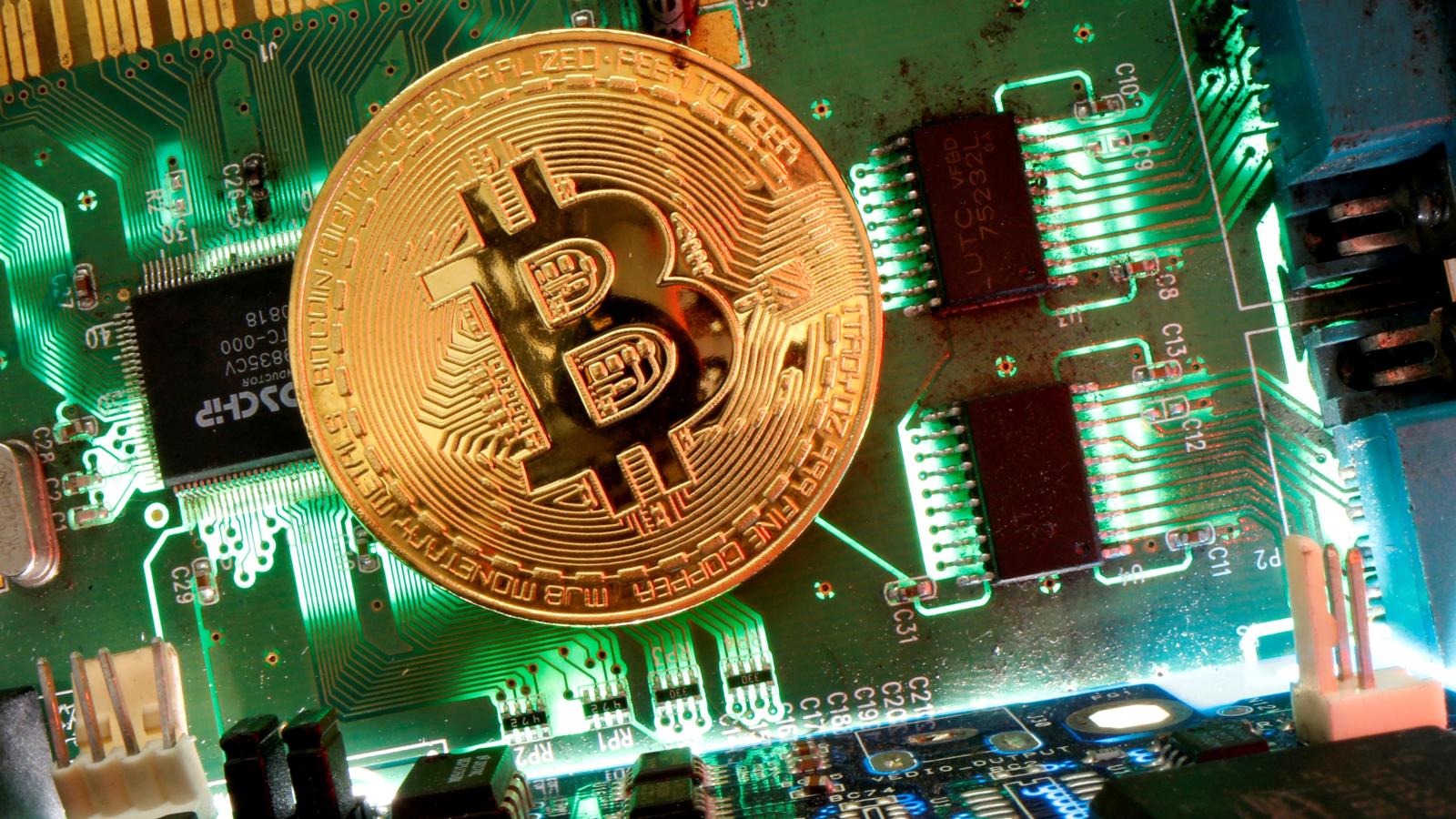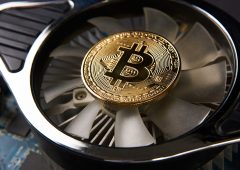Bitcoin Firm Set for Major IPO Amid Market Revival
24.07.2024 12:00 1 min. read Alexander Stefanov
Fold Inc., known for its Bitcoin rewards program, is reportedly on the brink of a major business move that could significantly impact its future and the broader cryptocurrency industry.
As the crypto sector shows signs of revival, the company is nearing a merger with a special purpose acquisition company (SPAC) to go public.
Sources indicate that Fold Inc. is in the final stages of negotiating a merger with FTAC Emerald Acquisition Corp, a SPAC led by Betsy Cohen. This merger could value Fold at around $500 million. An official announcement is anticipated soon.
Fold Inc. is part of a growing trend of cryptocurrency companies aiming to go public. Bitcoin mining firm Genesis Digital Assets is planning an IPO, and Northern Data AG, which now focuses on AI computing services, is also considering a public listing.
READ MORE:

Is the Bitcoin Miner Capitulation Over?
The potential merger of Fold Inc. comes amid a surge in crypto startup funding. In the first quarter of 2024, valuations of crypto startups reached $2.4 billion, marking a significant increase despite a global dip in venture capital investments.
This growth is driven by lower interest rate expectations and the launch of U.S. bitcoin spot ETFs.
-
1
Bitcoin: What to Expect After Hitting a New All-time High
10.07.2025 14:00 2 min. read -
2
Peter Brandt Issues Cautious Bitcoin Warning Despite Bullish Positioning
10.07.2025 20:00 2 min. read -
3
Standard Chartered Becomes First Global Bank to Launch Bitcoin and Ethereum Spot Trading
15.07.2025 11:00 1 min. read -
4
Vanguard Now Owns 8% of Michael Saylor’s Strategy, Despite Calling BTC ‘Worthless’
15.07.2025 17:09 2 min. read -
5
What’s The Real Reason Behind Bitcoin’s Surge? Analyst Company Explains
12.07.2025 12:00 2 min. read
4 Key Developments That Could Shake the Crypto Market This Week
The final week of July is shaping up to be a pivotal one for global markets, with multiple high-impact U.S. economic events lined up that could trigger volatility across stocks, bonds, and crypto assets.
Why Most Americans Still Avoid Crypto Despite Growing Adoption
Cryptocurrency ownership in the U.S. has grown steadily over the past few years, but it remains far from widespread.
Global Money Flow Rising: Bitcoin Price Mirrors Every Move
Bitcoin is once again mirroring global liquidity trends—and that could have major implications in the days ahead.
Two Upcoming Decisions Could Shake Crypto Markets This Week
The final days of July could bring critical developments that reshape investor sentiment and influence the next leg of the crypto market’s trend.
-
1
Bitcoin: What to Expect After Hitting a New All-time High
10.07.2025 14:00 2 min. read -
2
Peter Brandt Issues Cautious Bitcoin Warning Despite Bullish Positioning
10.07.2025 20:00 2 min. read -
3
Standard Chartered Becomes First Global Bank to Launch Bitcoin and Ethereum Spot Trading
15.07.2025 11:00 1 min. read -
4
Vanguard Now Owns 8% of Michael Saylor’s Strategy, Despite Calling BTC ‘Worthless’
15.07.2025 17:09 2 min. read -
5
What’s The Real Reason Behind Bitcoin’s Surge? Analyst Company Explains
12.07.2025 12:00 2 min. read

